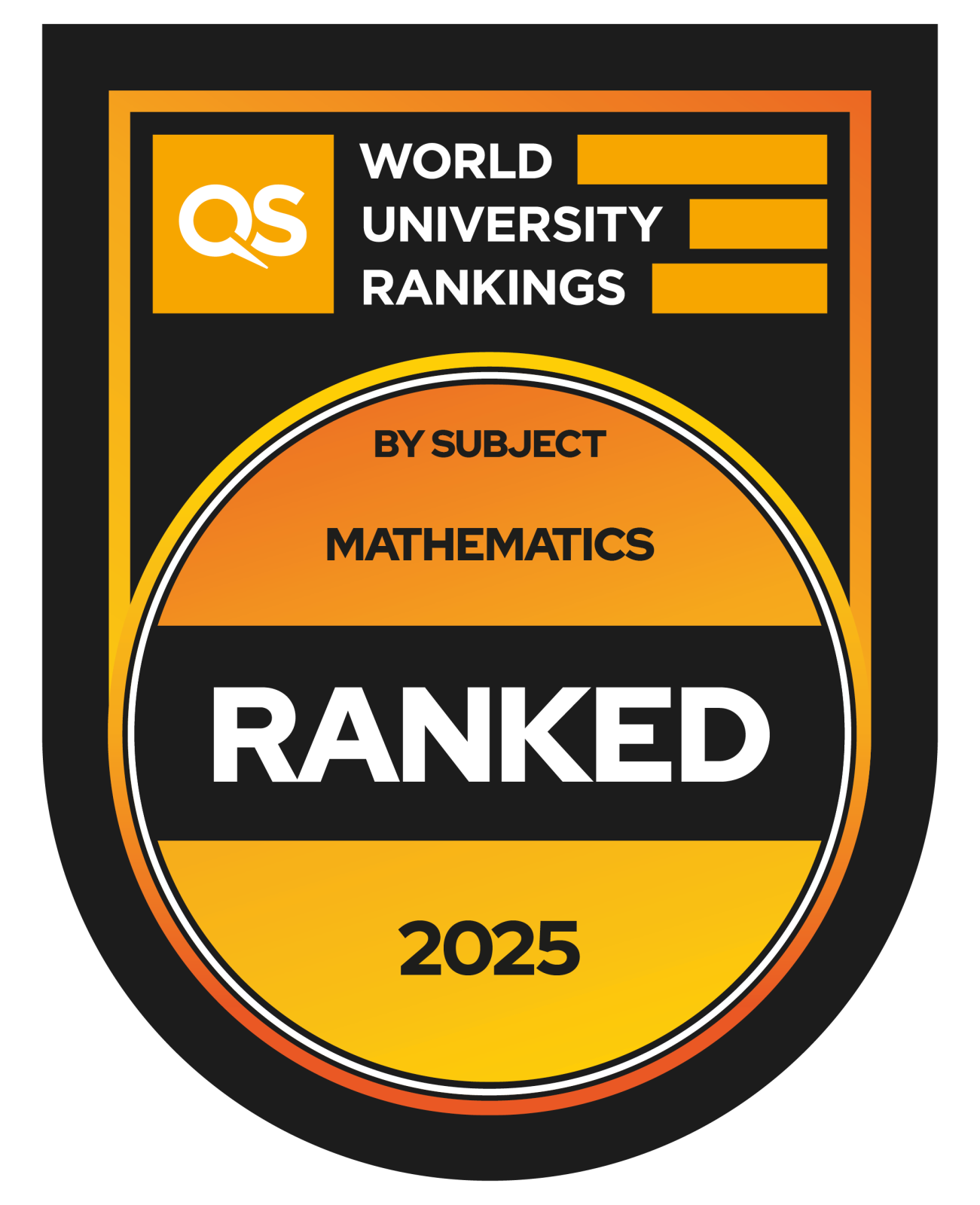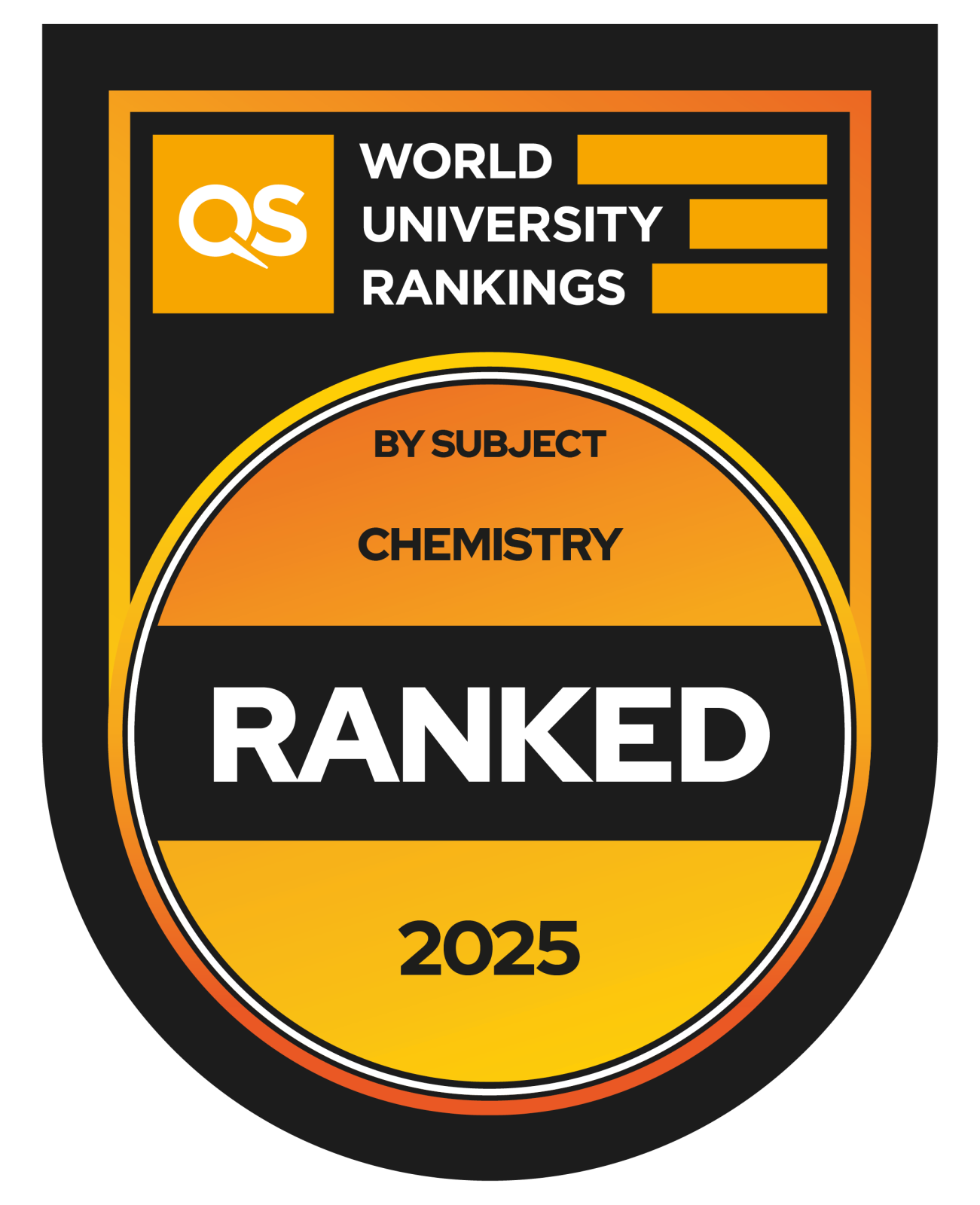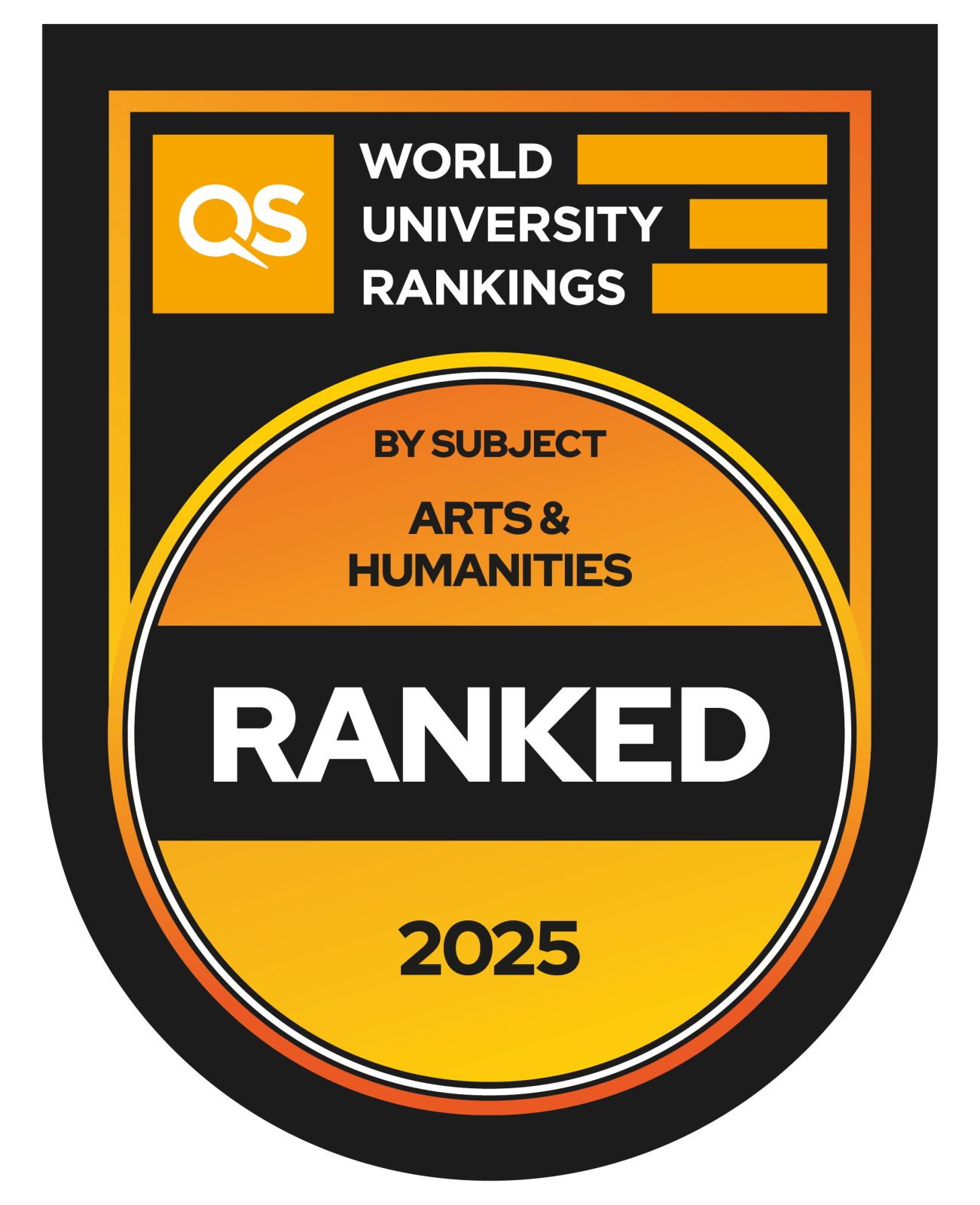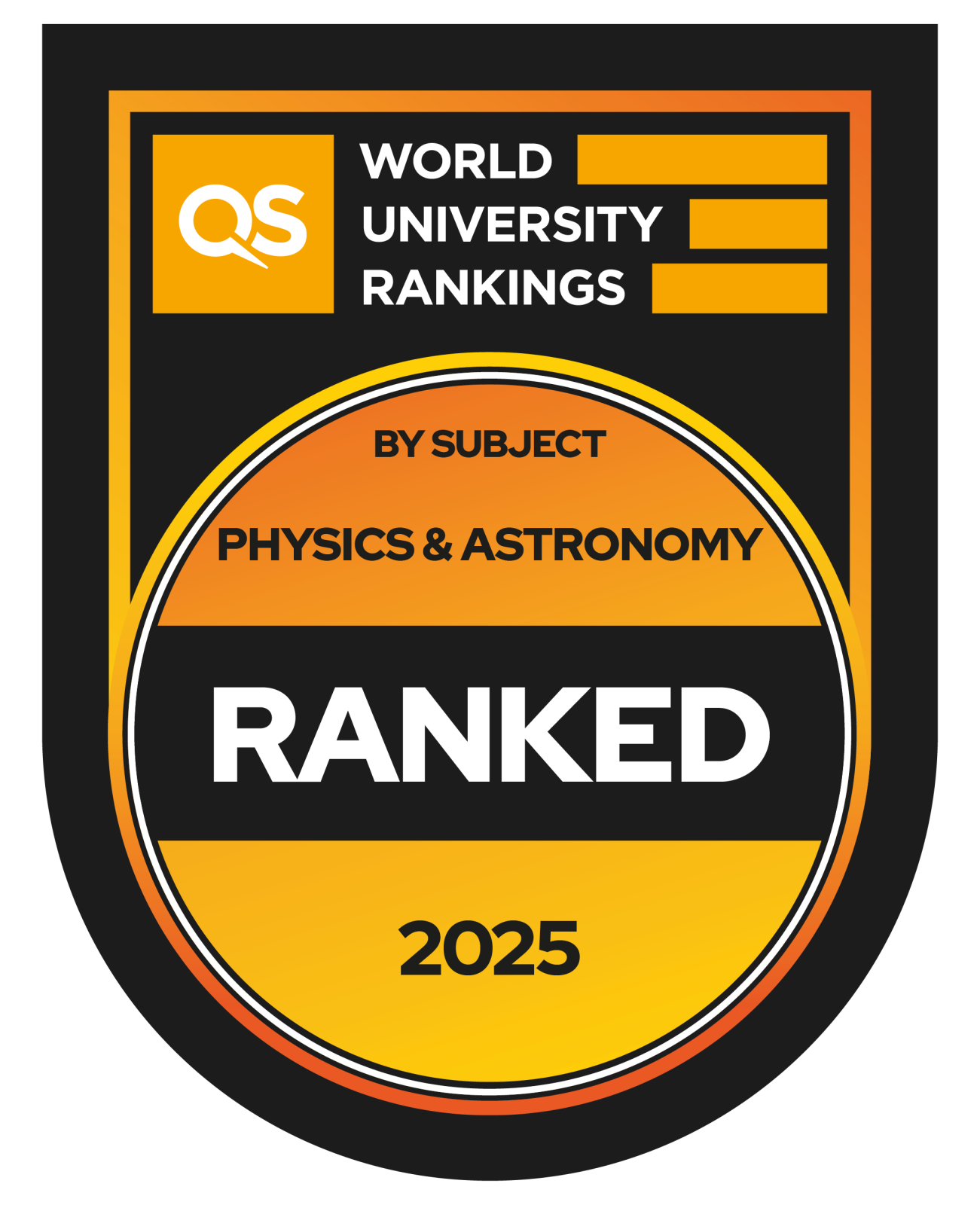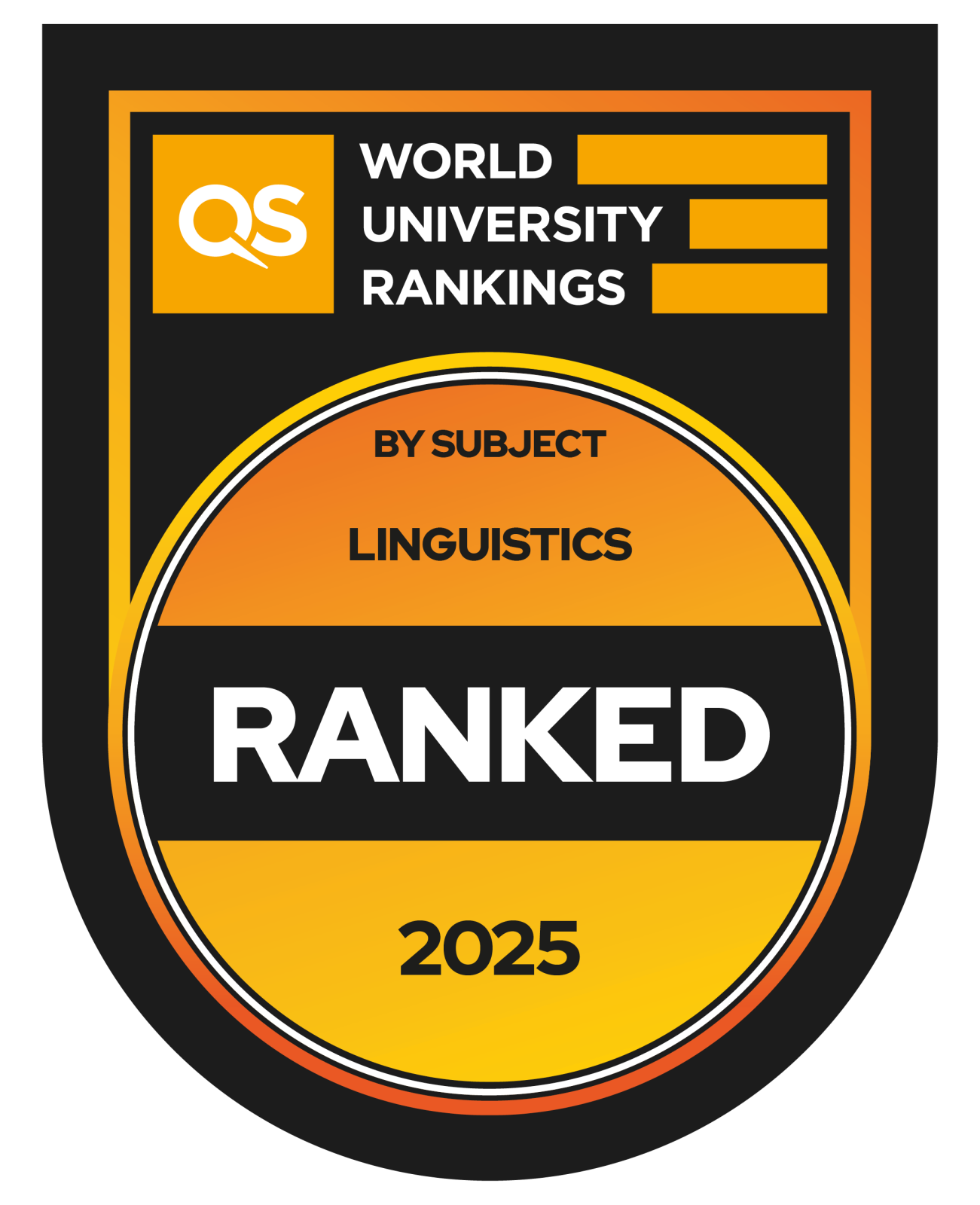
University of Wrocław in the QS World University Rankings by Subject 2025
The highest-ranked discipline at the University of Wrocław in the QS World University Ranking by Subject 2025, published in March, is Linguistics. The UWr was placed among the top 301–350 universities worldwide in this discipline. In the broader category of Arts & Humanities, which includes linguistics, the university moved up to the 401–450 range. The university also achieved strong positions in the natural sciences: Physics and Astronomy ranked 451–500, Mathematics 501–600, and Chemistry 551–600.
The QS rankings are one of the leading global rankings, developed since 2004 by QS Quacquarelli Symonds – a global leader in providing analytical services for the international higher education sector. These rankings are among the most popular sources for comparing universities’ achievements.
QS evaluates universities in five broad subject areas – Arts & Humanities, Engineering & Technology, Life Sciences & Medicine, Natural Sciences, Social Sciences & Management – as well as 55 more specific disciplines. Each year, the competition becomes tougher, as more and more institutions are closely examined by the ranking organisation.
In 2025, QS evaluated around 5,200 institutions, and 1,747 of them made it onto the final list — about 200 more than in the previous edition.
It is worth noting that the field of Linguistics, where the University of Wrocław placed 301–350 globally and fourth in Poland, only four Polish universities were ranked. Ahead of UWr were Adam Mickiewicz University, Poznan, Jagiellonian University, and the University of Warsaw, which all shared the same position.
The placement in the 401–450 group globally in Arts & Humanities marks an improvement of 50 positions compared to last year.
The University of Wrocław moved up 50 spots this year, placing in the 401–450 group globally in the Arts & Humanities category. Nationally, the UWr ranks fourth in this category. The University of Warsaw leads among Polish institutions, followed by Jagiellonian University and Adam Mickiewicz University.
The Arts & Humanities field includes, besides Linguistics, disciplines such as Archaeology, Architecture, Art & Design, History, Classics & Ancient History, Modern Languages, English Language and Literature, Art History, Philosophy, and Theology and Religious Studies.
In the QS World University Rankings by Subject 2025 ranking, three disciplines from the field of Natural Sciences at the University of Wrocław were included. Physics and Astronomy were placed in the 451–500 group globally and ranked 7th in Poland, including 4th among classical universities. Mathematics was ranked in the 501–600 range, placing 6th nationally and 3rd among classical universities. Chemistry appeared in the 551–600 group, also ranking 6th in Poland (tied with AGH and AMU) and 3rd among classical universities (tied with AMU).
Ranking Methodology
The QS by Subject methodology is based on several key indicators, with academic reputation being the most significant. Depending on the subject area, this indicator can account for 40% (in Engineering & Technology, Life Sciences & Medicine, and Natural Sciences) to as high as 60% (in Arts & Humanities). In more narrowly defined disciplines, this weight can reach up to 70%. QS gathers opinions on the quality of research and teaching at various universities through surveys conducted among over 150,000 scholars worldwide, to whom ranking questionnaires are sent.
Another significant indicator is the reputation among employers, including the university’s graduates. This indicator carries a weight of 10% (for Life Sciences & Medicine) to 30% (for Engineering & Technology, Social Sciences & Management). Other indicators include citations, which carry a weight of 7.5% for Arts & Humanities and Social Sciences & Management, 10% for Engineering & Technology, 15% for Natural Sciences, and 20% for Life Sciences & Medicine. The Hirsch index carries the same weights as citations. The final indicator is the International Research Network (IRN), which evaluates how effectively institutions establish and maintain stable international research collaborations. The IRN accounts for 5% to 10% of the total score.
Details of the rankings can be found on the website: topuniversities.
Complied by E.K.
Date of publication: 20.03.2025
Translated by Valiantsina Trafimuk (student of English Studies at the University of Wrocław) as part of the translation practice.
